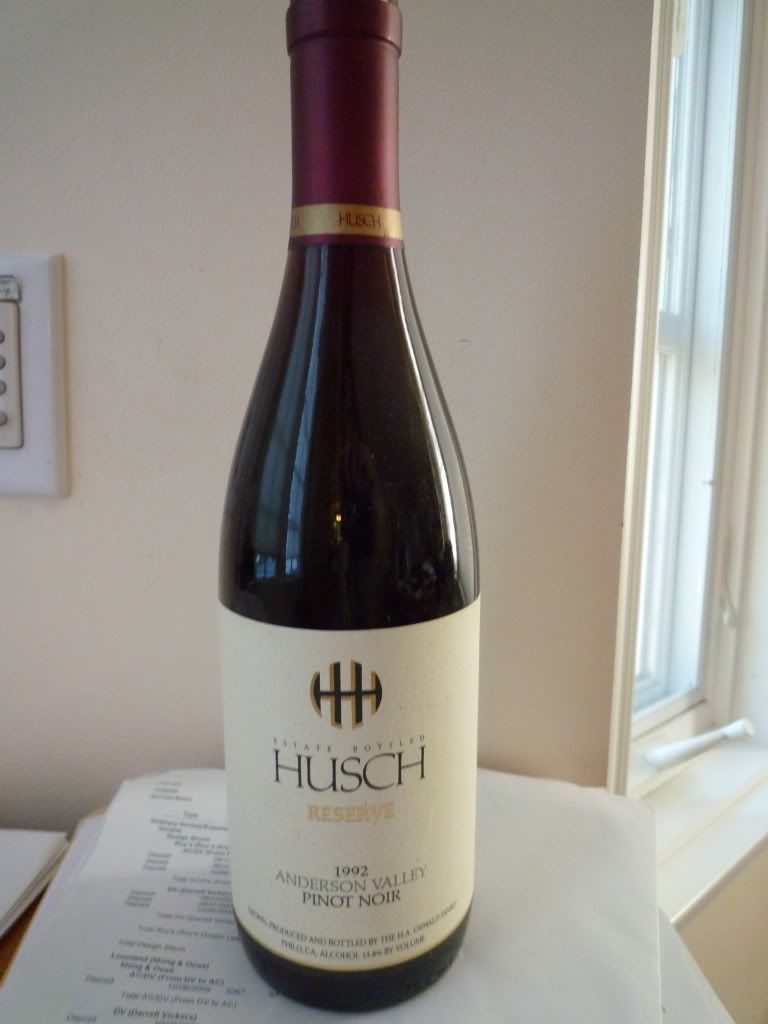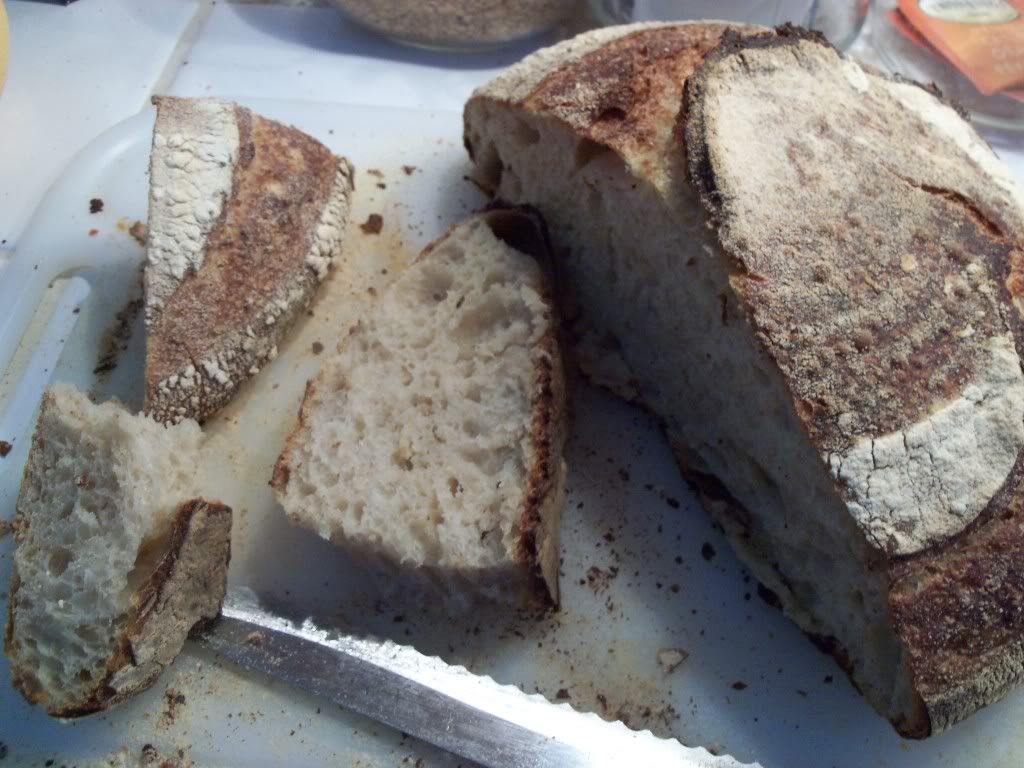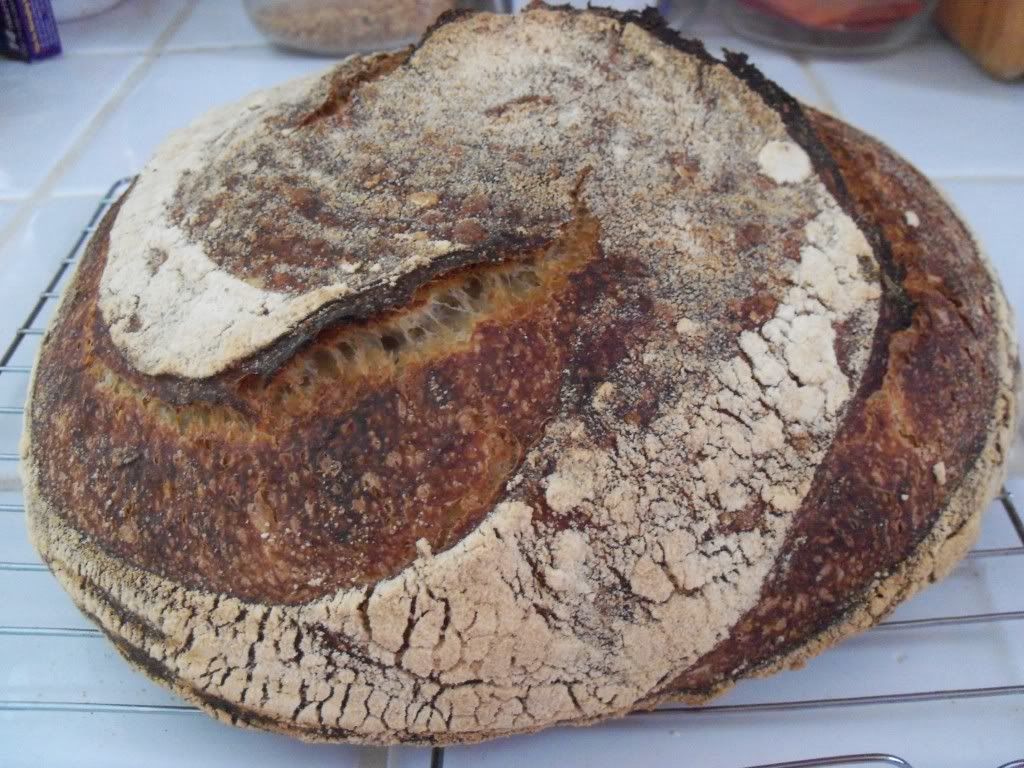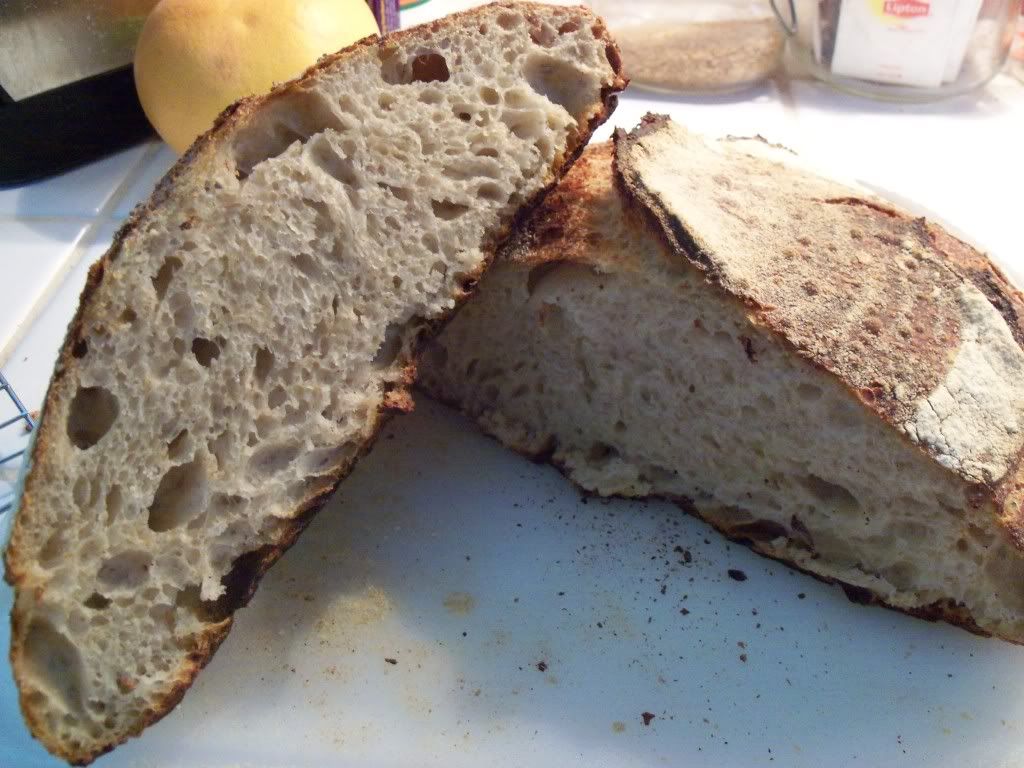Although I have been taking good care of myself (sleep, veggies, fruits, vitamins, Greek, scholarship, a little Latin, etc), my cold seems to have relapsed and I feel rather ill. Consequently, my understanding of the world (as it always does when I am distracted by a painful throat, the sniffles, etc, declines rather sharply. Although I struggled through both some
Crito
and even a poem by Catullus this afternoon (
110
), my ability to effectively take in information sharply declined after a long art history lecture in a darkened room. As such, instead of continuing with Plato, Homer, or even reading
Zuckert
for my research, I have been reading a textbook.
My only mandatory class for the fall (aside from at least one course in each Greek and Latin) is a seminar on, essentially, how to produce classical scholarship. I am not sure what this entails precisely, although I seem to remember something about producing a term paper, the only book assigned for the class is a recently-published research manual by David Schaps called the
Handbook for Classical Research
. After I began nodding off while reading
Plato's Philosophers
(which quite interesting and this demonstrates clearly that I do not feel well), I decided to something with a simpler tone and point: my new textbook.
Like any good textbook,
Schaps' work
is engaging without being particularly challenging. Schaps has a strong personal style in his writing that is amenable, even if his opinions, at times, can be rather irritating (especially when he presents them as universal sentiments). However, there is something that feels wrong about the book. Although I am only 50 pages into the book, I get the distinct feeling that Classical research is simply not a subject that can be stuffed into the form of a textbook. Furthermore, although Schaps' distinct voice makes the book more engaging that it might be with a more distant author, it also causes me as the reader to constantly question his qualifications for writing such a book. The only place I have heard his is in one brief discussion of ancient coinage. It caused the more cynical part of me to wonder whether he has children to put through college, because certainly a general research handbook is going to sell better than the
Economic Rights of Women in Ancient Greece
.
To be sure, there are a lot of things that I still do not know. Until a few days, I had never researched fragments and my examination of the
Teubner volume
in the library containing Pindar 169a gave me some interesting insights (like how many times Plato's dialogues quote this fragment), but if it indeed contained the information I sought, I did not understand it. I have not gotten to examine Schaps' explanation of research with fragments yet so I do not know if he would be helpful. I certainly could have used this book in high school or early college when, while I had access to them, I did not understand what a commentary was and I sailed through my texts blindly until Propertius II helped me out in my Aeschylus class. Yet, at this moment in my career, I am less in need (for example) of a textbook that explains what scholia is than a textbook that provides a detailed understanding of different types of scholia and how to read them (e.g
Ancient Greek Scholarship
) or perhaps (more pertinent ant the moment) a detailed monograph on strategies to deal with textual fragments and their sources.
Maybe Schaps refers students to resources like this (I do know that he mentions
Eleanor Dickey's book
), but even if that were the case, it seems like a fruitless mission to write a book on a topic that is designed only as a chaperone to bigger and better resources instead of writing (or hiring someone else to write) analysis at the level necessary for rigorous undergraduates or less experienced graduate students as the book, by it's very nature (and the assumption made clear in the introduction) is geared solely toward individuals who intend to research and publish in the field. More thoughts as I get farther along (and hopefully as I become more coherent as my cold wains).
Notes 08/17/11: I was thinking that the book was declining further when I came to a chapter entitled "Book Reviews" (
Schaps 57-65), but I was impressed to discover that the chapter was not instruction on how to read a book review, but on how to write one that might be accepted by a journal and what types of journals tend to publish them. However, the jury is still out.
Note 08/19/11: Once again I must add a positive addendum to my review. Although I have used many dictionaries in my time as a student of the classics, I still found Schaps' chapter on lexicography illuminating when it came to dictionaries (
Schaps 69-80). It was nice to find out that there is a dictionary of Mycenean Greek (although, apparently, the best one is in
Spanish
) and that
Woodhouse
is the only full English-Classical Greek dictionary around, but other smaller ones, such as one by by
James Morwood
(good to know for prose composition).
















